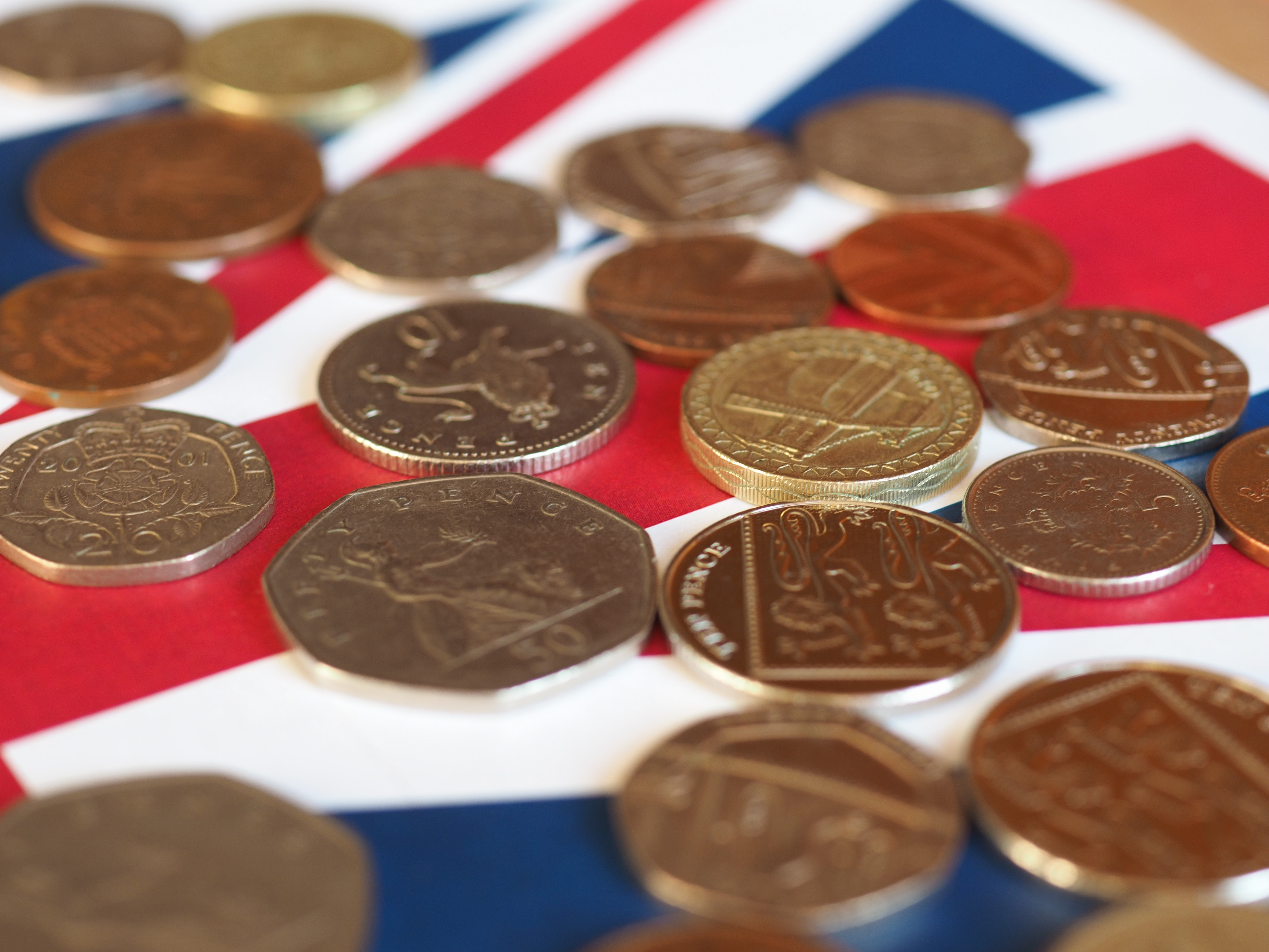Buying your first car is an exciting milestone, but it can also be daunting.
Careful planning is essential to make sure you end up with a vehicle that suits your needs and budget.
This article aims to guide first-time car buyers through six key tips to help you make an informed decision. From setting a budget to understanding number plate ages, these practical insights will make the car-buying process smoother and more enjoyable.
Whether you're a new driver, a young adult, or a parent helping a new driver, these tips are designed to help you navigate your first car purchase confidently.
1. Set a Budget

One of the most important first car purchasing tips is to set a realistic budget before you begin your search.
This way, you don't fall in love with a car that's out of your financial reach.
Consider your savings, and any financing options, and remember to include additional costs such as insurance, taxes, and maintenance. Sticking to your budget is essential to avoid financial strain later on.
A good rule of thumb is to set a maximum limit and not exceed it, even if you're tempted by a slightly more expensive model. Additionally, plan for future expenses, like routine maintenance and unexpected repairs, to keep your car running smoothly.
These first car buying tips will help you make a financially sound decision and enjoy your new car without financial stress.
2. Take a Test Drive

Taking a test drive is an important step in the car-buying process.
One of the best test drive tips is to drive multiple vehicles to get a feel for different makes and models.
Pay attention to how the car handles, its comfort level, and any unusual noises. Try to test the car in various driving conditions, such as motorways and city streets, to see how it performs in different environments.
Bringing a knowledgeable friend or family member can provide a second opinion and help you notice things you might miss.
By taking the time to test drive and compare car models, you choose a car that meets your needs and preferences. Remember, the goal is to find a vehicle that you feel confident and comfortable driving.
3. Compare Makes and Models
Researching different car makes and models is key when buying your first car.
It's important to compare car models to understand their reliability, fuel efficiency, and resale value.
Reading reviews from current owners and using comparison websites can provide valuable insights. Consider the pros and cons of new versus used cars; new cars may offer the latest features and warranties, while used cars can be more affordable.
Make a list of your priorities and see how each model measures up. For instance, if fuel efficiency is important, focus on models known for their good mileage.
Comparing makes and models helps you find a car that fits your lifestyle and budget, so you make a well-informed choice that you'll be happy with in the long run.
4. Check Vehicle History
Before purchasing a car, it's important to check vehicle history to avoid potential problems down the road.
A vehicle history report provides details about past accidents, service records, and ownership history.
This information can reveal hidden issues that might not be obvious during a test drive. Reputable sources like the DVLA or services such as HPI Check offer comprehensive vehicle history reports.
Additionally, checking the number plate age can give you insight into the car’s history and condition.
Knowing how to decode number plate ages in the UK helps determine the car’s manufacturing date and registration period. Avoid cars with incomplete or suspicious history records, as these can indicate hidden damage or legal issues.
Taking the time to check your vehicle history helps you make a safe and informed purchase.
5. Number Plate Age
Understanding the number plate age of a car is a useful tip when buying your first vehicle.
In the UK, number plates reveal the age of the car, which can help you assess its condition and history.
The first two letters of the number plate indicate the region where the car was registered, while the following two numbers represent the car's age. For instance, a number plate reading 'AB20 XYZ' means the car was registered in 2020.
Knowing the car's age helps you estimate potential wear and tear, and make better decisions about its value and reliability.
Additionally, older cars might need more maintenance and could have higher insurance costs.
By checking the number plate age, you can gather important information to support your car-buying decision. For more details on number plate replacement, visit our Number Plate Replacement page.
6. Choose the Right Type of Car
Selecting the right type of car is essential for first-time buyers.
Different car types, such as hatchbacks, sedans, and SUVs, offer unique benefits and drawbacks.
Hatchbacks, such as a Ford Fiesta, are often more affordable and easier to park, making them a popular choice for city driving. Sedans, similar to a honda Civic, provide more space and comfort, ideal for longer commutes or family use. Whilst SUVs, like the Nissan Qashqai, offer a higher driving position and more storage space, but they can be more expensive and less fuel-efficient.
Consider your lifestyle needs, such as daily commuting, family trips, or outdoor adventures, when choosing a car.
By evaluating your specific needs and preferences, you can find a car that suits your lifestyle and budget, making your first car purchase a satisfying experience.
Quote for Insurance
Getting an insurance quote is an important step before finalising your car purchase.
Insurance premiums can vary significantly based on the car’s type, age, and driving history. Obtain multiple quotes to compare prices and coverage options.
Factors such as the car’s safety features, mileage, and repair costs can impact your insurance rate.
Use online tools or consult with insurance agents to find the best deal. Also, look for discounts that might apply, such as those for new drivers or for installing additional safety features.
By getting an accurate insurance quote, you can budget effectively and avoid unexpected expenses.
Buying your first car is meant to be an exciting journey, so by following these six key tips, you can make informed decisions and find the perfect vehicle for your needs.
Remember to set a budget, test drive multiple cars, compare models, check vehicle history, understand number plate ages, and get an insurance quote.
For more information or to get personalised advice, feel free to contact us. Happy driving!
